Let’s suppose, in the fictitious district of Haripur, there lived a four-year-old girl named Munni who was from a marginalised community. She dreamt of growing up to become an engineer, but she was unaware of the journey to reach the destination.
However, whatever the long way ahead would have been, the journey had to be started appropriately. As foundational years play an imperative role in a kid’s life, Munni’s headmaster, Roy, met her parents and explained to them about the Foundational Literacy and Numeracy (FLN) concept as it would help Munni achieve her goal.
Headmaster Roy assured them that literacy and numeracy know no gender, racial, language, or geographical boundaries. They understood that FLN was the key to unlocking Munni’s dreams. They realised the significance of FLN, as it is a crucial steppingstone and should be taken critically into account.
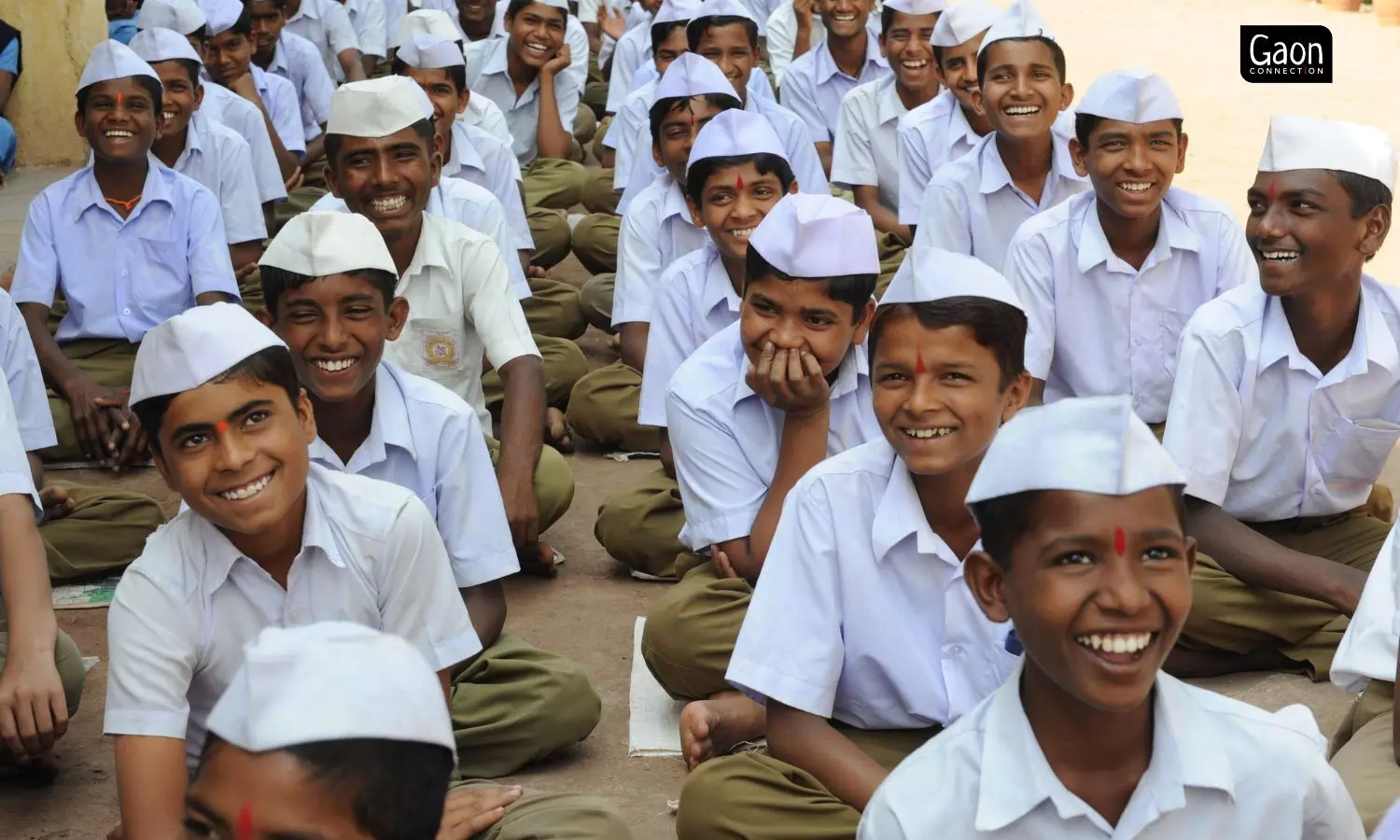
NIPUN Bharat scheme is strengthening the robust base for students aged between three and eight in their significant period.
Enabling the most basic and extremely significant FLN in every nook and cranny of a complex and diverse country such as India was once an imaginary vision and a far-fetched governmental goal to achieve.
Also Read: She travelled from Mumbai to a remote village in Kargil to find a purpose in life — Teaching
Then, with the launch of the problem-solver NIPUN [National Initiative for Proficiency in Reading with Understanding and Numeracy] Bharat Mission in July 2021, the Government of India took a progressive step towards focusing on the urgency to highlight the high importance of improvising FLN status among pre-primary to primary students across the country.
In fact, the National Education Policy 2020 lists Foundational Literacy and Numeracy as urgent and necessary prerequisites to learning. The ability to read, write and perform basic operations with numbers is a necessary foundation and an indispensable prerequisite for all future schooling and lifelong learning.
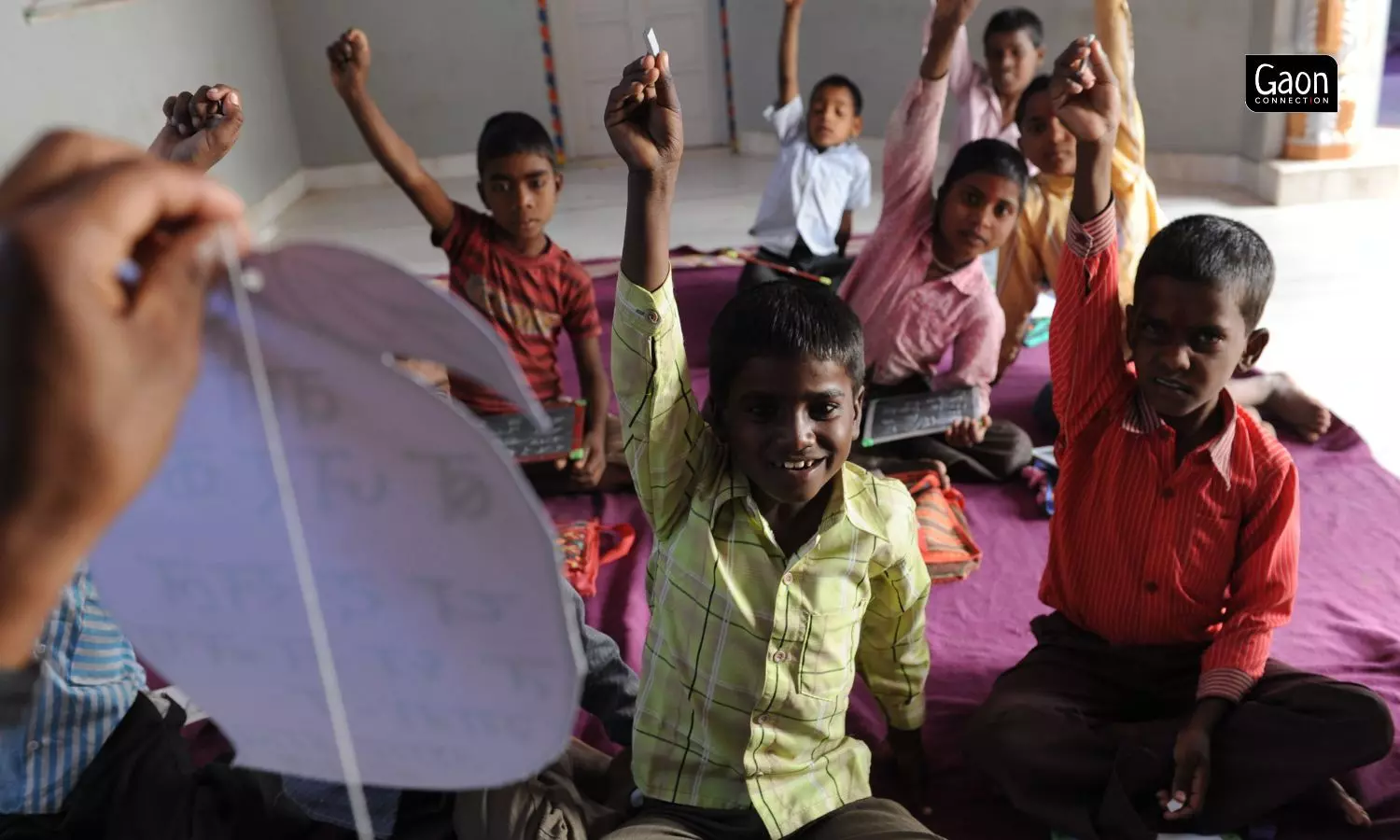
NIPUN Bharat, a National Mission on FLN launched by the Ministry of Education, aims to ensure every child possesses basic skills.
It is considered that the Indian Education System is one of the largest in the world, with about 1.49 million schools, 9.5 million teachers, and nearly 265 million students from varied socio-economic backgrounds. Recently, the Department of School Education and Literacy (DoSE&L) and the Union Ministry of Education released the Performance Grading Index for Districts (PGI-D) combined report for 2020–21 and 2021–22, which assesses the performance of the school education system at the district level by creating an index for comprehensive analysis.
The report included typical parameters such as Effective Classroom Transaction, School Safety & Child Protection, Digital Learning, Governance Process, Access Outcomes, Learning Enrichment Activities, Student Entitlements, Attendance Monitoring Systems, School Leadership Development, among several others are well articulated in the report.
Also Read: March pasts, drill displays and a blast from the past
But do kids in their foundational years even understand or care about this jargon? No, they don’t.
And they understand the meaning and functioning of these jargons much later in their lives. However, with massive on-ground implementation, public awareness, parental efforts and community participation, they know that FLN is essential for them. FLN is a critical skill set that would help them climb the ladder. They know that they cannot advance to the next level until they have mastered the current level. NIPUN Bharat, a National Mission on FLN launched by the Ministry of Education, aims to ensure every child possesses basic skills.
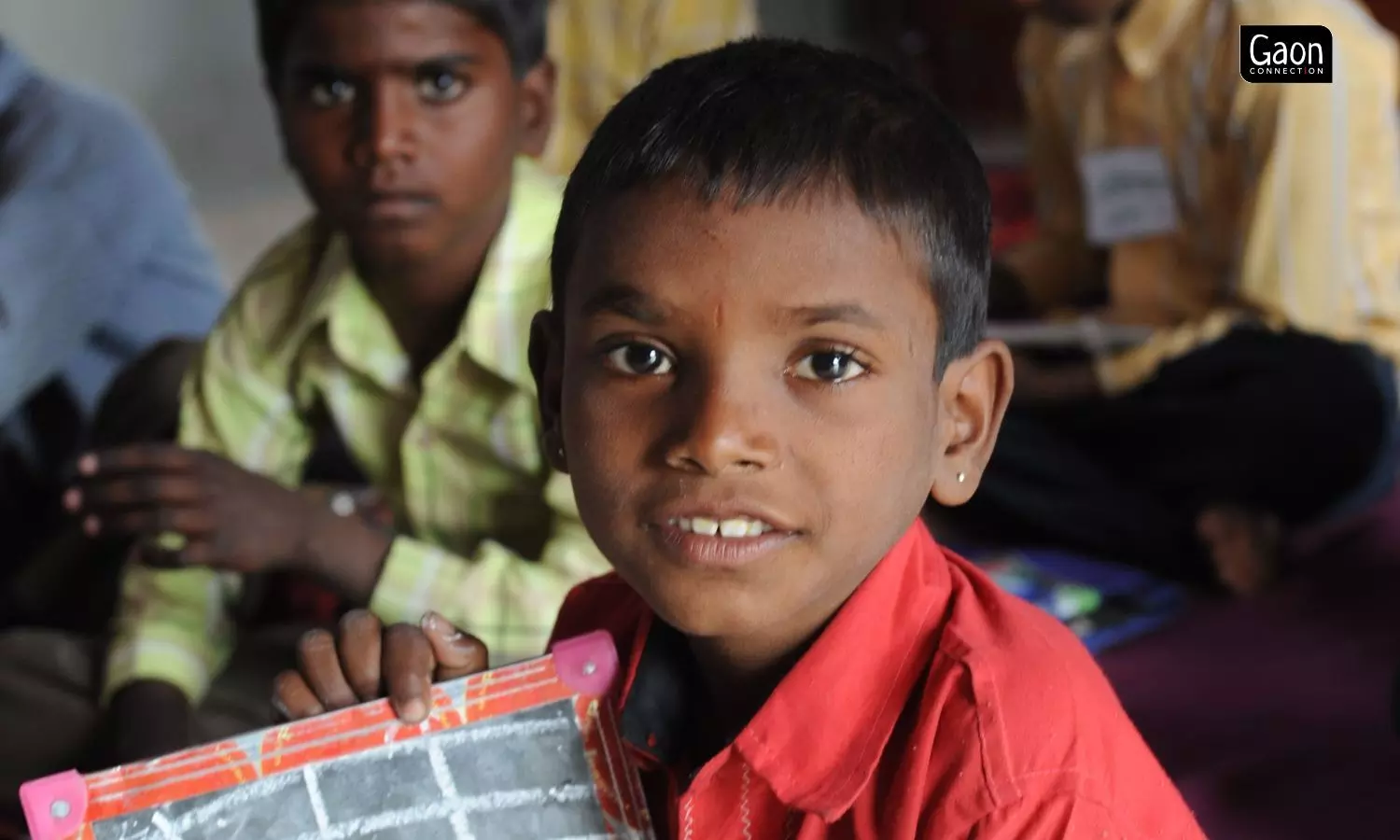
It has fostered an ecosystem that emphasises the importance of parent and community participation in education reform.
During the Amrit Kaal, FLN is one of the key priorities of the government, and the administration has been making conducive efforts to improve FLN skills among students. Its outcomes would have a positive impact on the holistic life skills that open avenues to socio-economic freedom later in life, which would consequently make them Atmanirbhar.
The revolutionary NIPUN Bharat scheme is strengthening the robust base for students aged between three and eight in their significant period of competency-based learning.
It is also reinforcing the capacity building of teachers, developing relevant educational material, ensuring school readiness, and proactively tracking the progress of each child in achieving learning outcomes through structured pedagogy and competency-based assessments.
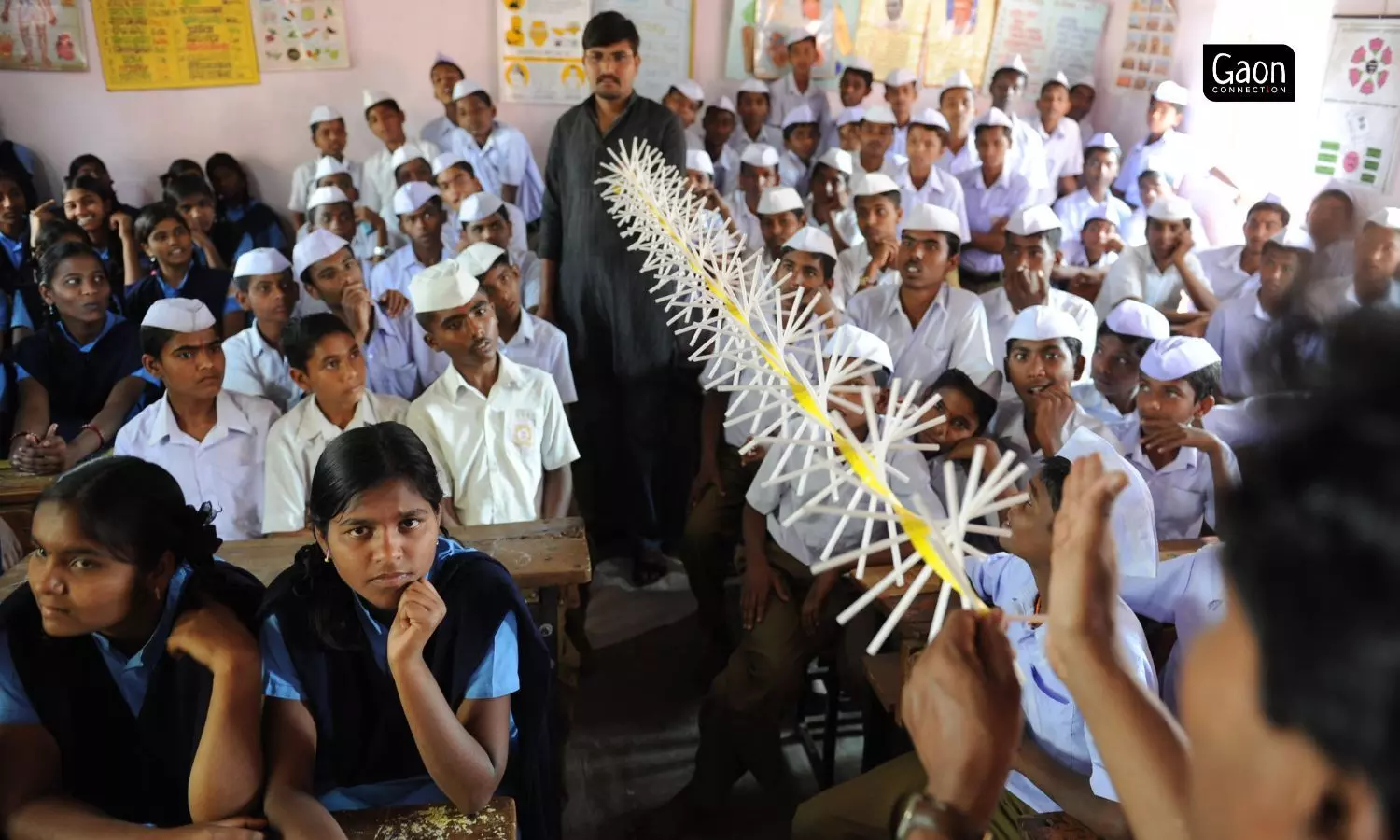
The most effective tool to alter the world is education, as it systematically solves the puzzles life presents.
Also Read: Teacher’s Diary: When good samaritans financed the education of a needy student
It aims to improve the foundational skills of children to reduce dropouts. It has fostered an ecosystem that emphasises the importance of parent and community participation in education reform. It is solution-oriented and has been solving multiple disparities on various fronts.
There is a need to develop mathematical thinking and a scientific temperament in children, as this not only means that children solve mathematical questions; this is also a way of thinking.
All we can say is that FLN is the most important issue we should be addressing as a nation. NIPUN Bharat ensures assessment as part of and for learning through portfolios, group and collaborative work, project work, quizzes, role plays, games, oral presentations, short tests, etc. It ensures an inclusive classroom environment by incorporating play, discovery, and activity-based pedagogies, linking them to the daily life situations of the children, and formalising the inclusion of the children’s home languages.
The most effective tool to alter the world is education, as it systematically solves the puzzles life presents. With 5E (Engage, Explore, Experience, Express, and Excel) and 5C (Critical Thinking, Creativity, Collaboration, Curiosity, and Communication), the NIPUN Bharat is a game-changer, and it is already in the process of massively transforming the education landscape and creating a much-needed progressive ecosystem in the country.
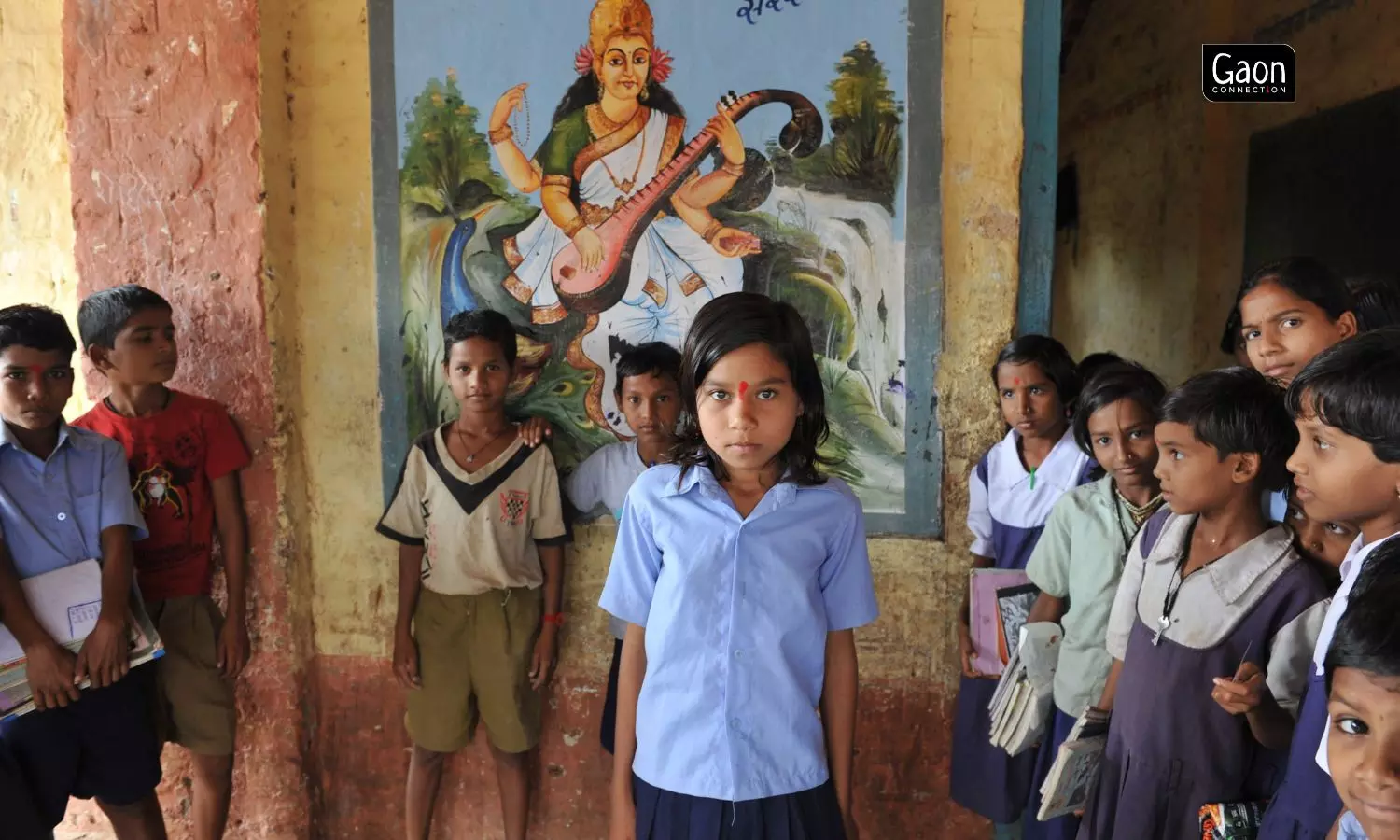
With extensive awareness and implementation of relevant programmes across the country, it is playing an imperative role in refining the Indian education system.
Last month, the 4th Meeting of the G20 Education Working Group (EdWG) laid emphasis on ‘Ensuring Foundational Literacy and Numeracy in the Context of Blended Learning’. Prime Minister Narendra Modi supported it, saying that education is not only the foundation upon which our civilisation has been built, but it is also the architect of humanity’s future. FLN has also been identified as a key priority by the G20.
FLN is about lighting a fire. NIPUN Bharat ensures societal empowerment. With extensive awareness and a massive implementation of relevant programmes and initiatives across the country, it is playing an imperative role in refining and refurbishing the nitty-gritty of the Indian education system. NIPUN Bharat is enabling children to become motivated, independent, and engaged readers and writers with comprehension and sustainable reading and writing skills.
Sudharak Olwe is a Padma Shri awarded documentary photographer while Sumit Kaushik is a PhD candidate at O.P. Jindal Global University and a Social Impact Consultant. Views are personal.


















